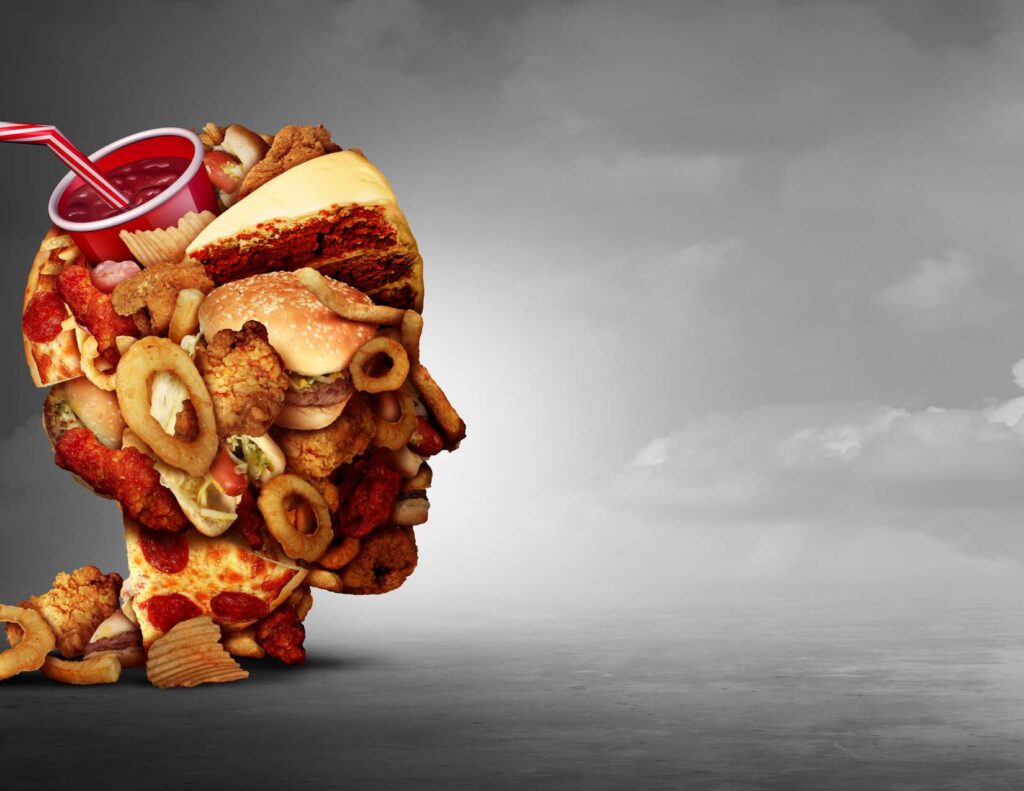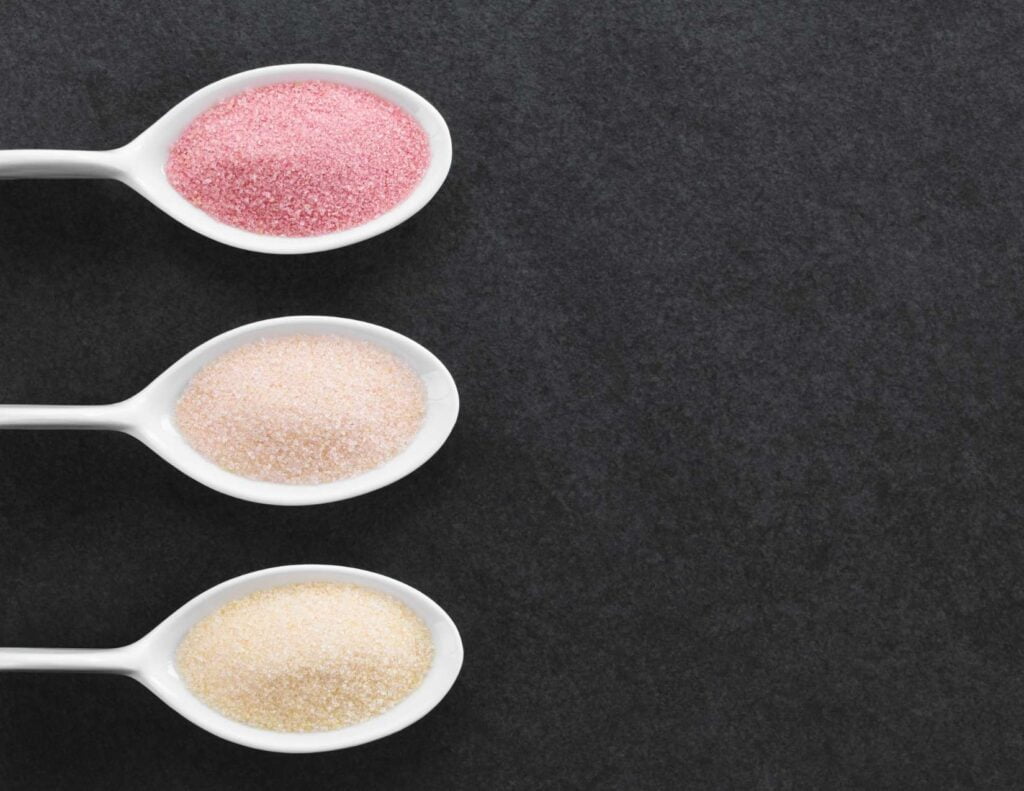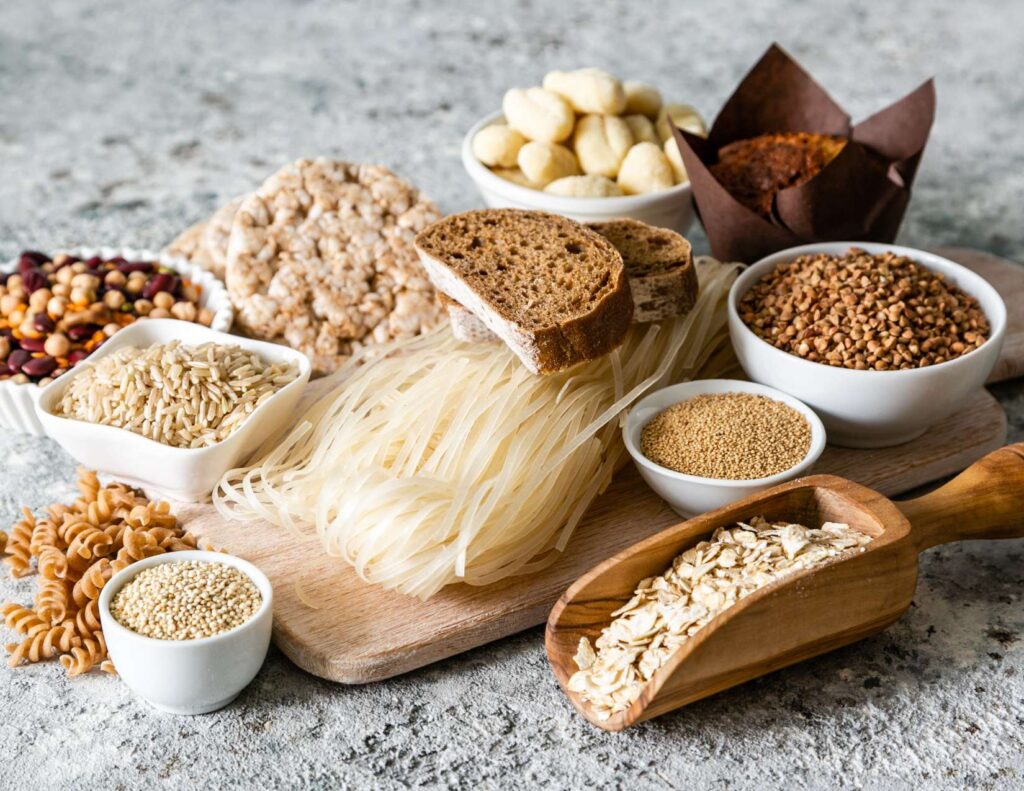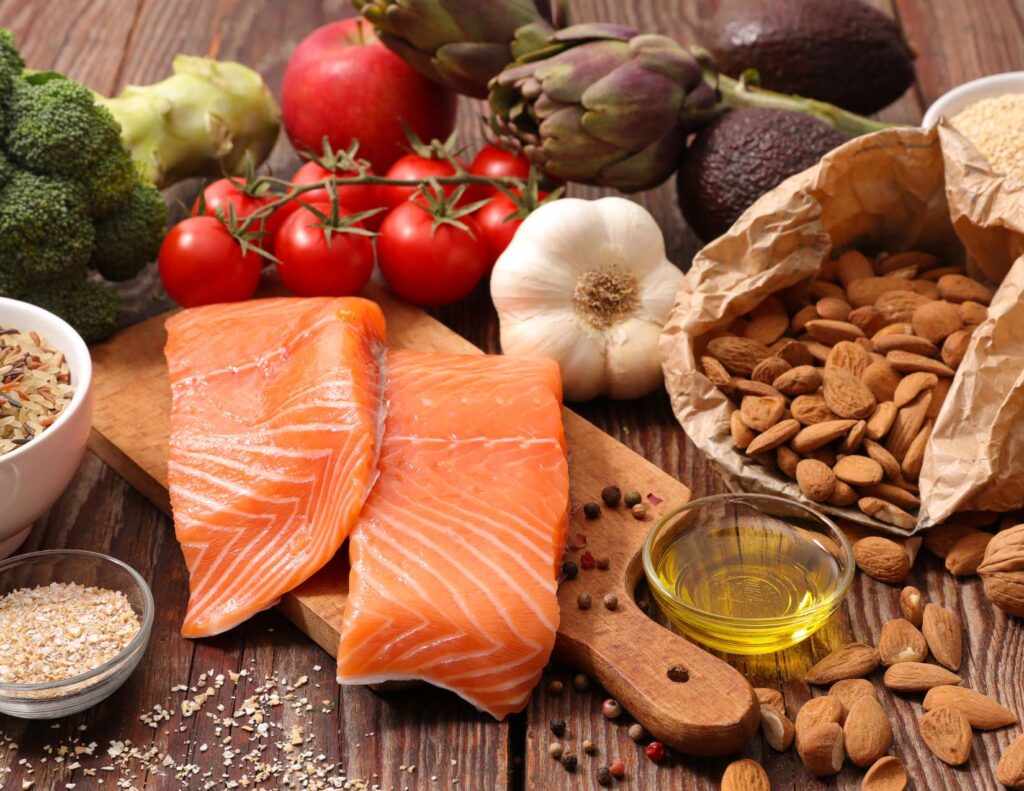Top 5 Sciatica Foods to Avoid for Better Health
Last Updated on May 15, 2023 by Dr. Tiffany Egan
As chiropractor who has treated patients with sciatica pain over the years, I can say without a doubt that managing this condition can be a real challenge. Sciatica is a common condition that arises from pressure on the sciatic nerve, which runs from the lower back down to the legs. It can cause severe pain, numbness, and tingling sensations in the lower back and legs. While there are several treatment options available to manage sciatica pain, one critical aspect of managing this condition is our diet. In this article, we will take a closer look at the top sciatica foods to avoid.

Table of Contents
Understanding Sciatica and its Causes
Sciatica is a condition that affects millions of people worldwide. It is characterized by pain, numbness, and tingling sensations in the lower back and legs. Sciatica occurs when the sciatic nerve, which is the longest nerve in the body, becomes compressed or inflamed. This can be due to a herniated disc, spinal stenosis, or even poor posture.
Sciatica pain can vary in intensity, and in some cases, it can be debilitating, making it challenging to perform everyday tasks. Fortunately, there are several conservative treatment options available to manage pain, including alternative medicine (massage therapy, acupuncture and chiropractic, etc), lifestyle modifications (stretching and exercising) and taking vitamins that support sciatica health. However, diet also plays a crucial role in managing this condition.

The Role of Diet in Managing Sciatica
While diet alone cannot cure sciatica, it can help manage the symptoms associated with the condition. The food we eat can either alleviate or worsen our pain. Eating a balanced diet that is rich in nutrients can help reduce inflammation, which is a significant contributor to sciatica pain.
On the other hand, consuming foods that are high in sugar, saturated fat, and processed ingredients can exacerbate inflammation and increase pain levels. Therefore, it is crucial to know the top sciatica foods to avoid reducing pain.
Top 5 Sciatica Foods to Avoid for Sufferers

1. Artificial sweeteners and their impact on sciatica pain
Artificial sweeteners are a common ingredient found in several foods, including diet soda, chewing gum, and sugar-free desserts. However, these sweeteners can be detrimental to sciatica sufferers. Studies have shown that consuming artificial sweeteners can increase inflammation, leading to an increase in pain levels.
Furthermore, artificial sweeteners can disrupt the balance of good bacteria in the gut, leading to digestive issues. This can be particularly problematic for sciatica sufferers, as digestive issues can lead to an increase in inflammation and pain levels.

2. The dangers of processed foods for sciatica patients
Processed foods are another food group that sciatica sufferers should avoid. These foods are often high in sugar, salt, and unhealthy fats, all of which can exacerbate inflammation and increase pain levels. Additionally, processed foods are often stripped of essential nutrients and fiber, making them a poor choice for overall health.
Instead of processed foods, sciatica sufferers should opt for whole, nutrient-dense foods like fresh fruits and vegetables, lean proteins, and whole grains. These foods are rich in vitamins, minerals, and fiber, which can help reduce inflammation and promote overall health.

3. Dairy products and their link to sciatica pain
Is milk good for sciatica? No! Dairy products, including milk, cheese, and yogurt, have all been linked to an increase in inflammation and pain levels in sciatica sufferers. This is because dairy products contain a protein called casein, which can be difficult for the body to digest. When casein is not properly digested, it can lead to inflammation in the body, exacerbating pain levels.
If you are a sciatica sufferer, it may be worth removing dairy products from your diet temporarily to see if it helps alleviate symptoms. Alternatively, you can try lactose-free dairy products or plant-based alternatives like oat, coconut, hemp, soy or almond milk.

4. The impact of gluten on sciatica symptoms
Gluten is a protein found in wheat, barley, and rye. It has been linked to several health conditions, including inflammation and autoimmune disorders. For sciatica sufferers, gluten can exacerbate inflammation, leading to an increase in pain levels.
If you suspect that gluten is exacerbating your sciatica symptoms, it may be worth removing gluten from your diet temporarily to see if it helps alleviate pain. However, it is crucial to ensure that you are getting enough nutrients in your diet, including fiber, vitamins, and minerals.

5. Red meat and its association with sciatica pain
Red meat is another food group that sciatica sufferers should avoid. Red meat is high in saturated fat, which can exacerbate inflammation and increase pain levels. Additionally, red meat contains a compound called Neu5Gc, which can lead to an increase in inflammation and autoimmune responses.
Instead of red meat, sciatica sufferers should opt for lean proteins like chicken, fish, and plant-based alternatives like tofu and tempeh. These foods are rich in protein and low in saturated fat, making them a healthy choice for managing sciatica pain.
Specifically, What Foods Trigger Sciatica?
Certain foods can cause flare-ups in those suffering from sciatica. Each person is different and will have their own triggers. However, these foods have been found to be especially problematic for those with sciatica: processed foods, dairy products, refined carbohydrates such as white bread, sugary snacks like candy and soda, and caffeine. Additionally, foods that are high in trans fats should be avoided as they can increase inflammation and worsen sciatica symptoms.
Alternative Food Options for Sciatica Sufferers
While there are several foods that sciatica sufferers should avoid, there are also several healthy food options that can help manage the symptoms associated with this condition. The anti inflammatory diet for sciatica foods include:

- Fatty fish like salmon, tuna, and mackerel, which are rich in omega-3 fatty acids that can help reduce inflammation.
- Fresh fruits and vegetables, which are rich in vitamins, minerals, and fiber that can help reduce inflammation and promote overall health.
- Nuts and seeds, which are rich in healthy fats and protein that can help reduce inflammation and promote overall health.
Vitamins for Sciatica Nerve Pain Relief
When it comes to finding relief, here are some of the best vitamins for sciatica nerve pain. They not only help reduce inflammation but they can improve overall health as well.
- Vitamin B12 is especially beneficial for managing sciatica as it helps with nerve regeneration.
- Vitamin D has been linked to lower levels of back pain in individuals with chronic sciatica.
- Magnesium is beneficial for sciatica pain relief, as it helps to reduce muscle tension and much more!
- Omega-3 supplements can help reduce inflammation and improve overall joint health which may lead to sciatica pain relief.
- Vitamin C has been shown to have some anti-inflammatory effects that may be helpful in managing sciatica nerve pain.

Conclusion: The Importance of the Top Sciatica Foods to Avoid Pain
Sciatica pain can be challenging to manage, but a healthy diet can play a crucial role in reducing inflammation and managing symptoms. Keep in mind these top sciatica foods to avoid that tend to exacerbate inflammation. Instead, try to incorporate nutrient-dense foods into your diet, you can help alleviate pain and promote overall health.
If you are a sciatica sufferer, it is essential to work with a healthcare provider to develop a comprehensive treatment plan that includes diet, exercise, and other treatment options such as pressure point therapy. By taking a holistic approach to managing sciatica pain, you can improve your quality of life and reduce pain levels over time.
So, don’t feed the pain by consuming foods that exacerbate inflammation. Instead, opt for nutrient-dense foods that promote overall health and well-being!







